Sewing threads of change with handlooms
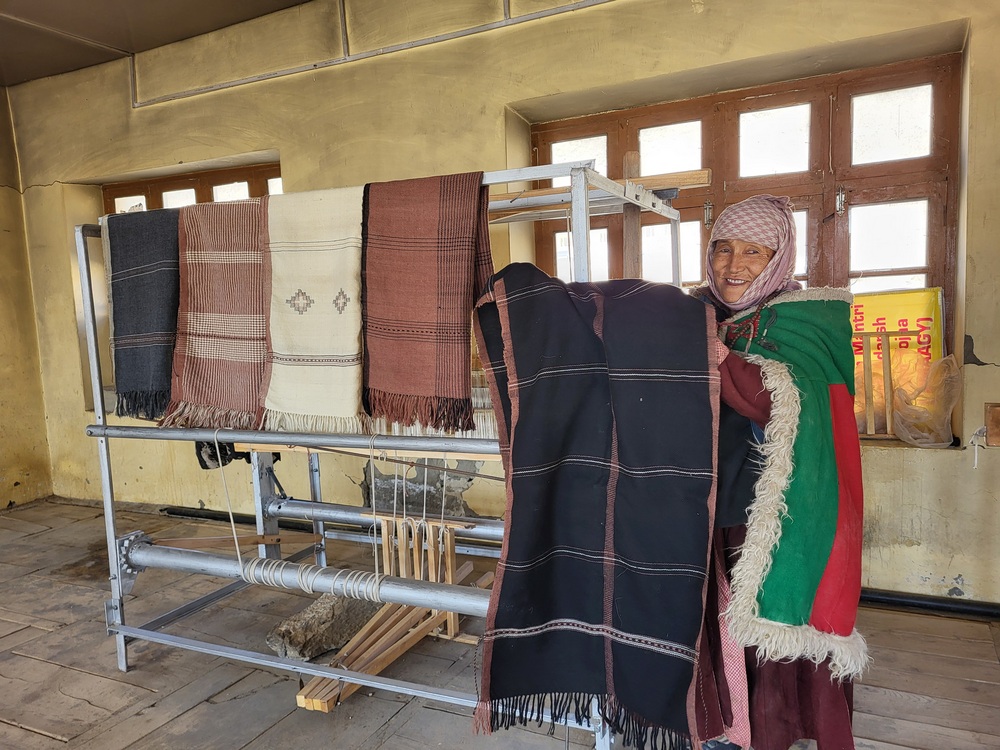
A woman proudly showcasing her Sheep wool shawl from Tsokar village. Credit - Rigzin Dawa, WWF - India.
Threads of change: How Changpa women are shaping the future of rangeland conservation
Rangelands: Sustaining lives and ecosystems
Rangelands, vast ecosystems of grasslands, shrubs, and open woodlands, cover nearly half the Earth’s surface. These landscapes sustain millions of pastoral communities through livestock grazing while supporting remarkable biodiversity. In Asia and Africa, which collectively house two-thirds of global rangelands, these areas play a critical role in both livelihoods and conservation. Pastoralist communities are at the heart of rangeland management, with their traditional knowledge and practices contributing significantly to ecosystem health. Among these communities, women are indispensable yet often overlooked contributors to sustaining rangeland ecosystems and livelihoods.
 Initial discussions with women of Tsokar village during the beneficiary identification process. Credit-Rigzin Dawa, WWF - India.
Initial discussions with women of Tsokar village during the beneficiary identification process. Credit-Rigzin Dawa, WWF - India.
The Changpa women of Changthang
In the high-altitude Changthang region of Ladakh, India, Changpa women exemplify the dual roles of pastoralist communities as both guardians of tradition and agents of change. Living in one of the harshest environments on Earth, where winter temperatures plummet to -30°C, these women manage livestock such as Pashmina goats, yaks, and sheep, which are integral to the region’s economy. They also sustain nomadic traditions while adapting to rapid socio-economic transformations driven by tourism, development, and climate change.
Despite their vital contributions, Changpa women often face socio-economic and political marginalisation. Limited representation in decision-making, patrilineal social structures, and inequitable access to resources create barriers to their participation in conservation and community governance. Yet, these women are not passive observers of change. Platforms like Ama Tsogspa (women’s councils) enable them to voice their perspectives and influence community decisions, offering a foundation for inclusive conservation strategies.
A community-led conservation vision
Recognising the indispensable role of women in rangeland conservation, we launched the initiative Reviving Trans-Himalayan Rangelands: A Community-Led Vision for People and Nature. This project addresses the degradation of high-altitude rangelands and its cascading impacts on biodiversity and livelihoods. By fostering community-led co-management models, the initiative aims to restore rangelands while ensuring sustainable outcomes for both people and nature.
To deepen our understanding of women’s roles in rangeland management and inform our programming, we conducted focused research with Changpa women. This research highlighted the barriers women face, including time constraints, lack of representation, and cultural norms. Addressing these challenges became a cornerstone of our approach.
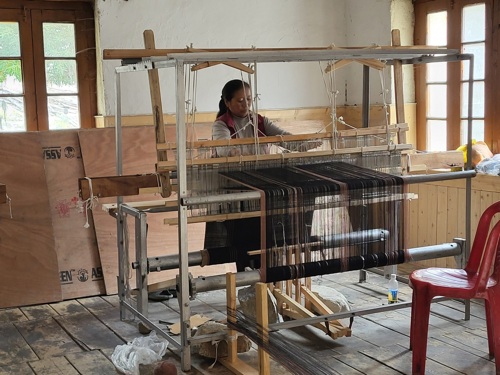 A woman at Phulak village engaged in weaving a Pashmina shawl. Credit-Rigzin Dawa, WWF - India.
A woman at Phulak village engaged in weaving a Pashmina shawl. Credit-Rigzin Dawa, WWF - India.Empowering women through livelihood initiatives
A key component of the initiative is the introduction of structured handloom training programmes in villages across Nyoma and Durbuk subdivisions. Developed in collaboration with Looms of Ladakh and Charkha Ladakh, these programmes enhance traditional skills while integrating market-oriented techniques. Over 7 months, 196 women participated in training sessions that covered:
- Spinning and weaving high-quality Pashmina and sheep wool products.
- Producing value-added items like shawls, stoles, and sweaters.
- Learning natural dyeing techniques for sustainable practices.
- Understanding quality control, branding, and financial literacy.
The distinguishing feature of these programmes is their design, based on women’s inputs regarding timing, duration, and training content. This inclusive approach ensured high participation and relevance.
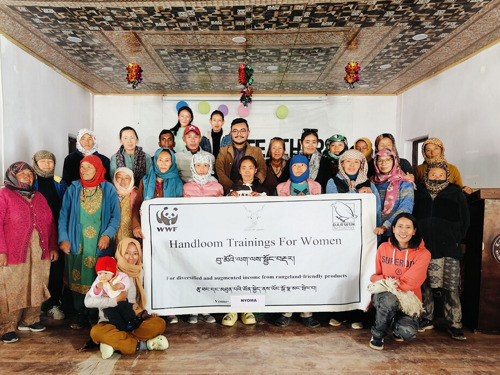 Closing ceremony of handloom training conducted at Nyoma. Credit - Rigzin Dawa, WWF - India.
Closing ceremony of handloom training conducted at Nyoma. Credit - Rigzin Dawa, WWF - India.
The impact of these efforts has been both measurable and transformative:
Economic empowerment: Many women earned their first independent income, fostering financial independence and reducing reliance on male family members. Participation in events like the Enchanting Ladakh Mela in New Delhi allowed them to showcase and sell their products, establishing direct market linkages.
Social shifts: Women are now more actively involved in financial and community decision-making. Participation in village councils and Ama Tsogspa meetings has increased, allowing women to advocate for their perspectives in rangeland governance.
Cultural revitalisation: The initiative has revived pride in traditional skills and pastoralist identity. Elderly women have mentored younger artisans, ensuring intergenerational knowledge transfer.
Conservation advocacy: Women have become key advocates for sustainable grazing practices, predator-proof corrals, and water resource management, linking livelihoods to ecological stewardship.
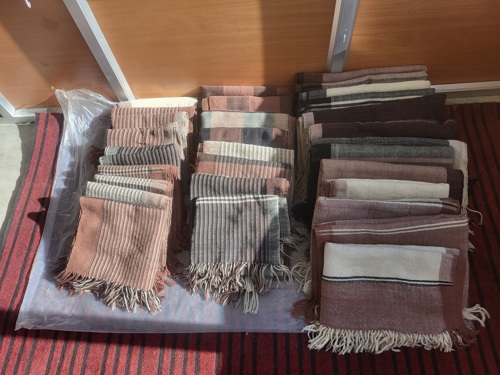 High-quality diversified products made from Sheep and Pashmina wool. Credit - Rigzin Dawa, WWF - India.
High-quality diversified products made from Sheep and Pashmina wool. Credit - Rigzin Dawa, WWF - India.Challenges and the road ahead
While significant progress has been made, challenges remain. Sustained market access, infrastructure support, and addressing climate vulnerabilities are critical to scaling these efforts. To address these gaps, we are:
- Establishing market linkages with sustainable fashion brands.
- Advocating for policy support and financial incentives for women-led micro-enterprises.
- Expanding conservation outreach to include youth and men, fostering collective action for rangeland restoration.
Empowering Changpa women is both a social imperative and a conservation necessity. By recognising and enhancing their roles in livelihoods and ecological stewardship, we are fostering a model where conservation and community wellbeing go hand in hand. The resilience, adaptation, and leadership demonstrated by Changpa women offer a powerful example for rangeland conservation efforts across the Trans-Himalayan region. Together, we can build a future where pastoralist women are not just beneficiaries but leaders of conservation and change.
Written by Rigzin Dawa and Rishi Kumar Sharma. For more information on this Darwin Initiative Main project 30-018, led by WWF India, please click here.
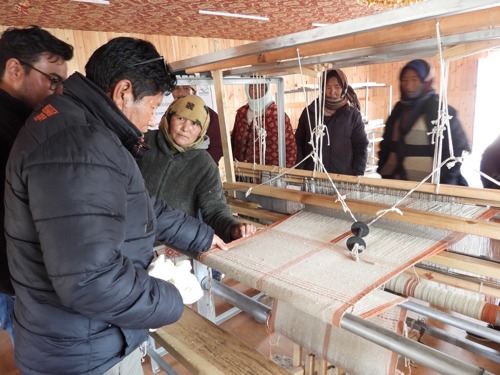
 Back
Back